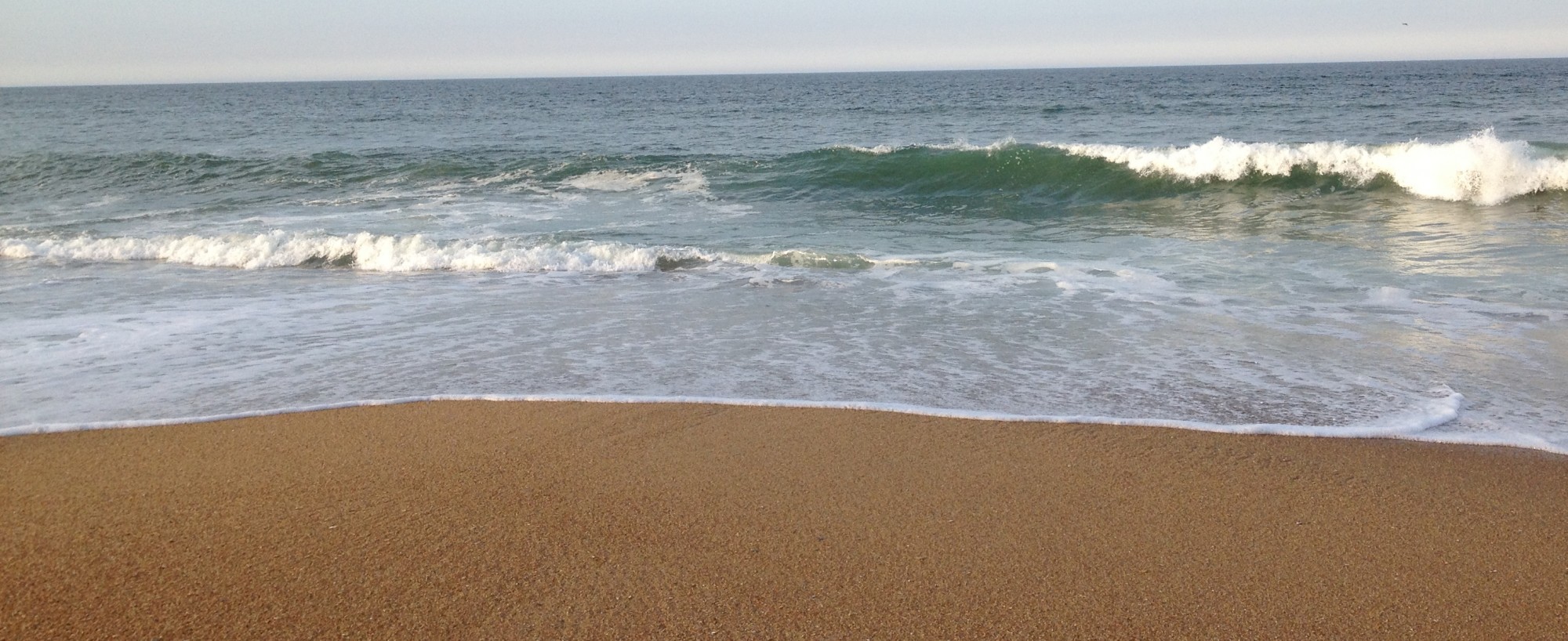Racial Sides
During the fight between the Brotherhood and the Nationalist group, Ras brings up that black men should not be fighting because they are on the same side. Ras opposes that there be black men in the Brotherhood. He believes that white men should not working with white men in a racial cause. He accuses them of being lured over to the Brotherhood with the promise of white women. The Brotherhood is very much a white man’s movement. As The Invisible Man comes to realize, they have made no real impact in the Harlem community. They have their set points that they want The Invisible Man to follow and when he speaks of his own points they became angry with him. They were concerned that he may not be “black” enough to be in the movement. For the Brotherhood, they would rather that a black member just be a figurehead rather than actually have an opinion in the movement. The Brotherhood is like white trustee member or the New England abolitionist. They are more concerned with making a name for themselves than actually helping solve racial tensions. This gives validity to Ras’ Black Nationalist view, that to solve racial equality, a white led movement is not the answer because they are more concerned with their own gains.

I think that both of these sides are supposed to represent extremes and I think the reader is supposed to reject both of these groups because of their extremism. Ras is supposed to represent black militantacy at it’s worst and the Brotherhood is supposed to represent the white agenda at its worst. By the end of the book, the narrator is just as uncertain as we are about where we should stand on this. But I think what we’re supposed to get out of the book is that by putting down your own race, or by isolating your own, neither of them works. The way the narrator deals with this is by isolating himself entirely.
Hi Marielle, I agree with you that the Brotherhood simply wants to use the Invisible Man as figurehead rather than an actual contributor. The Invisible Man realizes this after the lash back he receives for publicizing Clifton’s funeral. I think that the Brotherhood’s end goal is not to eradicate the racial tensions but rather to amplify them. And even though Ras’ Black Nationalist view is a bit extremist, he has a point when he says that Black and White men have different agendas. For Blacks, the question of race will be an ever posing threat; Whites, on the other hand can ignore the issue altogether because they do not have to encounter any discrimination as a result of their skin color.